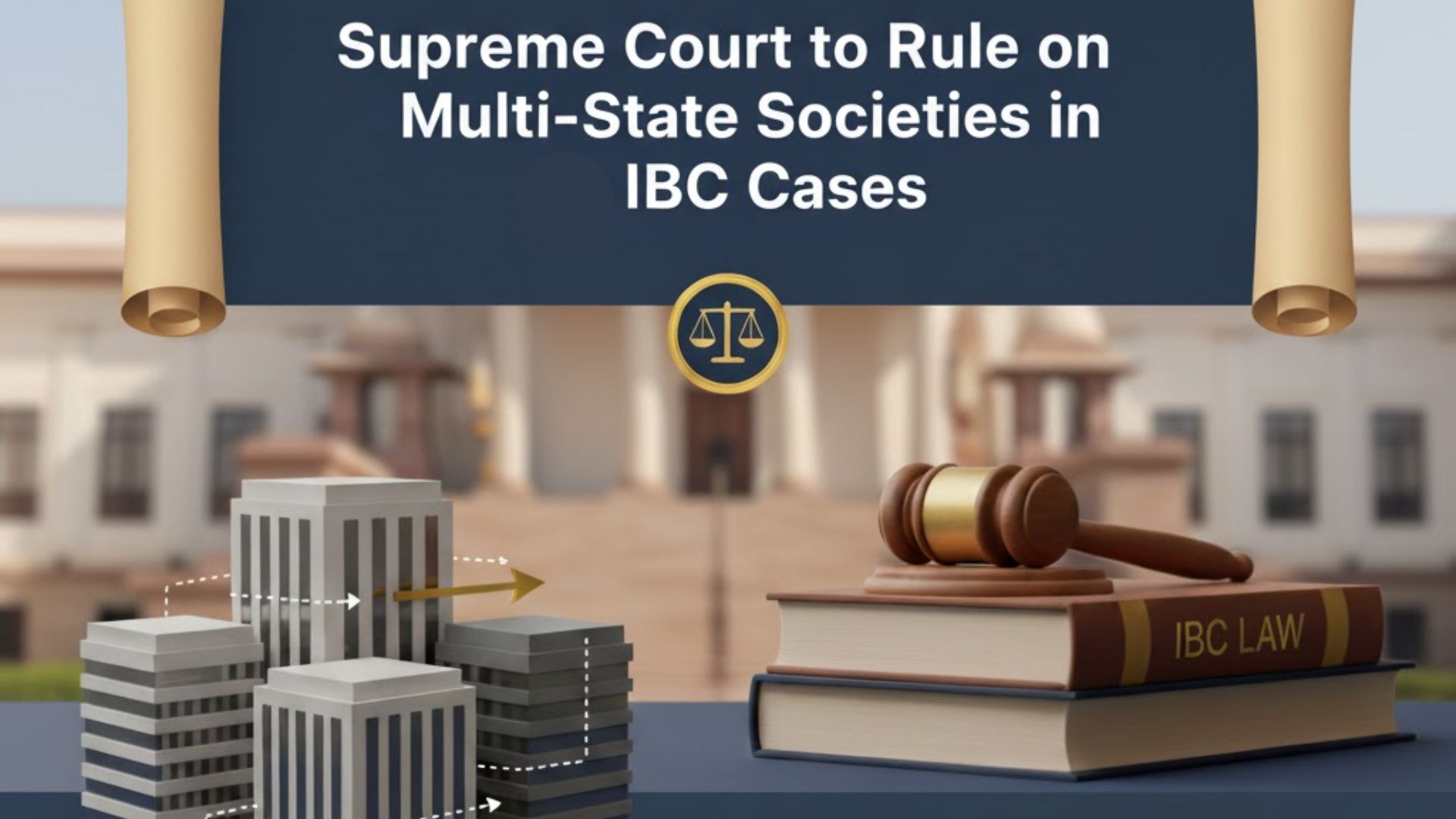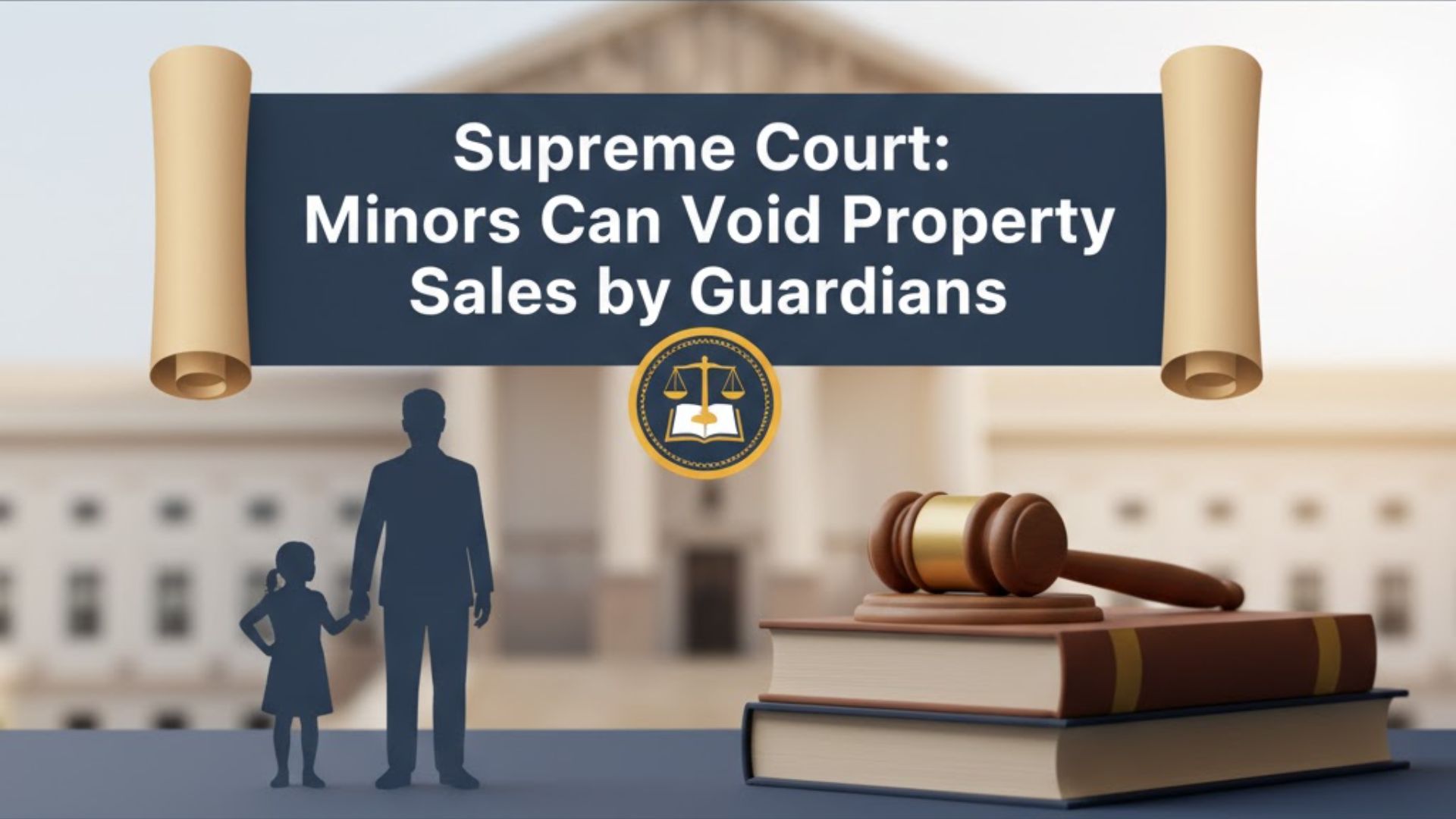1. Petitioner, who is decree holder, has filed the present writ petition challenging order dated 18.11.2014 passed in Execution Case No. 173-A/2013.
2. Petitioner has filed a suit for specific performance of contract for execution of sale deed in compliance of agreement to sell dated 14.12.1991. Civil
suit filed by the petitioner was decreed on
22.03.2002. Judgment and decree passed by the trial Court was challenged in appeal bearing No. 19-A/2005. Appellate Court dismissed the appeal
and also modified the decree passed by the trial Court to the extent to impound the agreement to sale dated 14.12.1991 and thereafter, to execute the
decree.
3. Collector of stamps impounded the agreement dated 14.12.1991 and passed orders to pay stamp duty of Rs.2,46,587/- vide its order dated
13.10.2008.
4. Petitioner has filed an application for execution of judgment and decree. In this case petitioner filed an application under Section 60(1) of Indian
Stamp Act to refer the matter to the High Court, as there is doubt as to the amount of duty to be paid on the instrument of agreement to sale.
Petitioner made averment that Collector had committed an error in wrongly evaluating the stamp duty to be paid on the instrument dated 14.12.1991.
Collector valued the instrument as if it was sale deed but actually it was agreement to sale and, therefore, matter may be referred to High Court
regarding proper stamp duty to be paid on the instrument. It is also averred that executing Court committed an error of law in rejecting his application
vide order dated 18/11/2014.
5. Counsel appearing for the petitioner has relied on the judgment reported in AIR 1956 SC 12, that appellate Court has no authority to give direction
to impound the document and further counsel for the petitioner argued that stamp duty is to be imposed at the rate prevailing on the date of execution
of document and not on the date of impounding of document.
6. Heard the counsel appearing for the petitioner.
7. Merits of the judgment and decree passed by the appellate Court cannot be judged in this writ petition.
8. Section 60 of Indian Stamp Act, 1899 comes into operation if any Court other than mentioned in Section 57 feels doubt as to the amount of duty to
be paid in respect of any instrument under proviso to Section 35. In the present case, there is no question of doubt as instrument dated 14.12.1991 has
already been impounded and stamp duty has been fixed by the Collector vide its order dated 13.10.2008. Now petitioner is required to pay stamp duty
as determined by the Collector. Collector of Stamps is competent authority to determine the deficit value with which the instrument is to be stamped.
The order passed by the Collector may be wrong but order has to be set aside and if the order is not challenged and not set aside then same will be
binding upon parties. Order passed by Collector dated 13.10.2008 has become final in absence of challenge. Execution case of petitioner has already
been dismissed for not paying the stamp duty. Learned Executing Court has rightly made an observation that there is no doubt regarding the payment
of stamp duty, therefore, there is no need to refer the matter to the High Court and rejected the application. I do not find any infirmity or illegality in
the order passed by the Civil Judge Class II, Damoh and same is affirmed.
9. In view of above, writ petition filed by the petitioner is dismissed.

